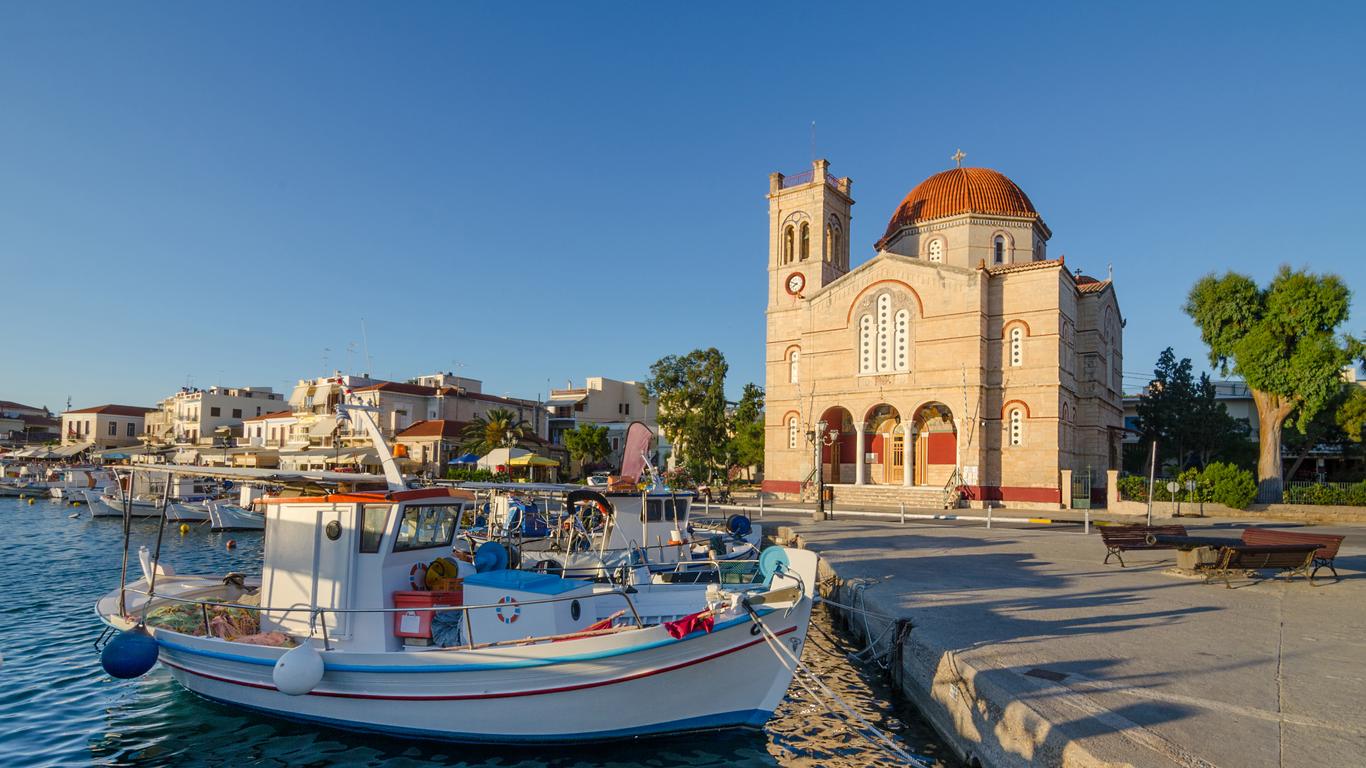Attica is the presiding historic region of the country of Greece, situated on the Attic peninsula on the Aegean Sea. It encompasses the capital city of Athens and all of the archaeological icons attributed to its ancient history including architectural landmarks, fortresses, religious sites, and centuries of developments across the range of its plains and mountains spanning the land to the sea.
The country of Greece is renowned for its preservation of archaeological sites and Attica is the most representative region, boasting Athens and its accumulation of attractions highlighted by the Acropolis, the Parthenon, and many representative museums including the Acropolis Museum. Outside of Athens, other notable locations across the realm of Attica consist of the Temple of Poseidon, the Attica Zoological Park, Astir Beach, and the Archaeological Museum of Piraeus. Popular activities include relaxing in thermal spas, sightseeing, cultural tours, and boat tours.
Transportation around the region is serviced by the Attica metro system, ferries out of the port of Piraeus and surrounding coastal areas, taxis, buses, and the Athens tram. The primary international transit hub is the Athens International Airport.
Attica’s prime geographical location attributed to its historic involvement in the maritime trade. The Mycenaean Age was the most notable period for the region, during which time Attica flourished as an agricultural hub consisting of numerous sovereign communities.





